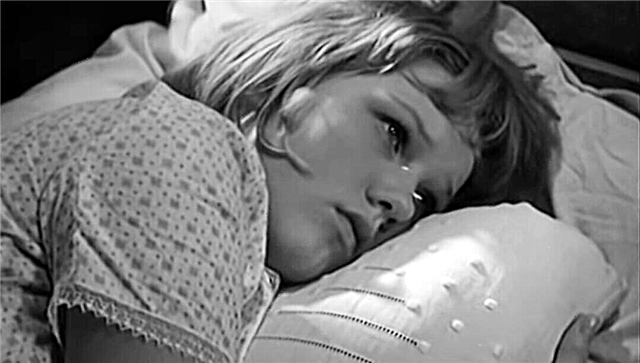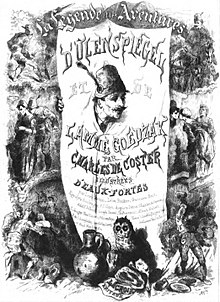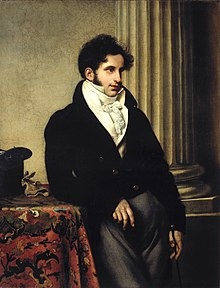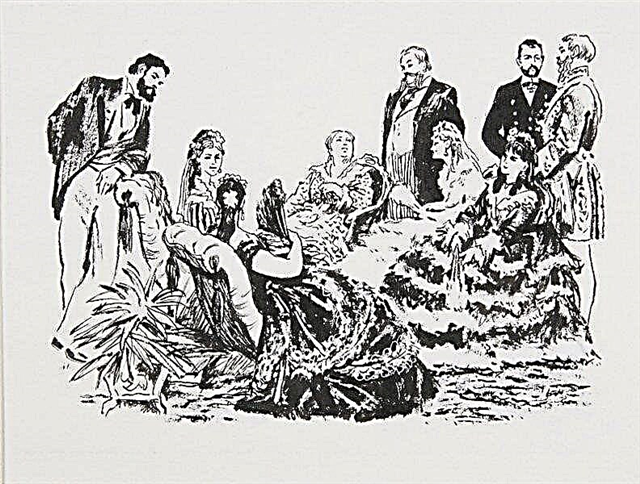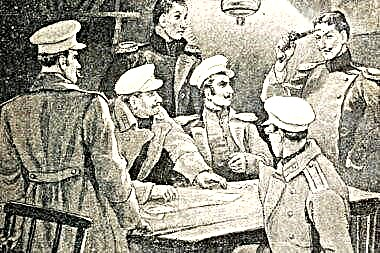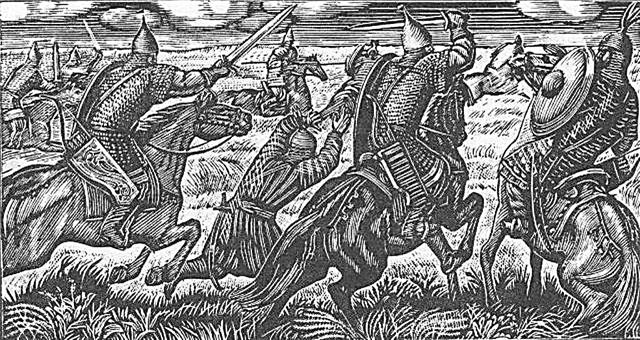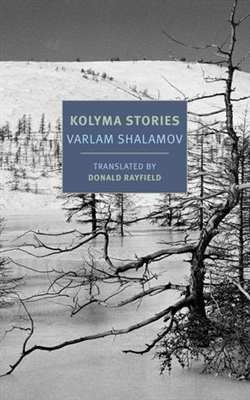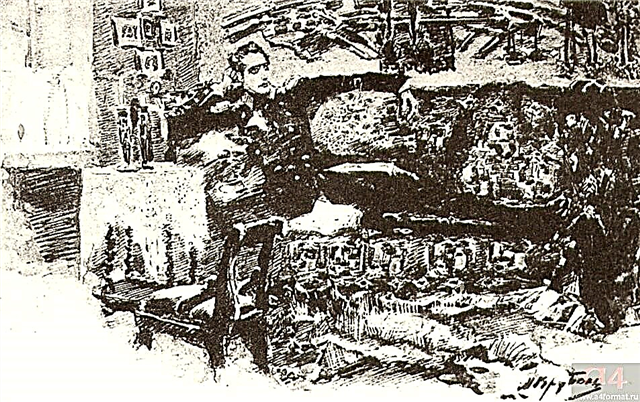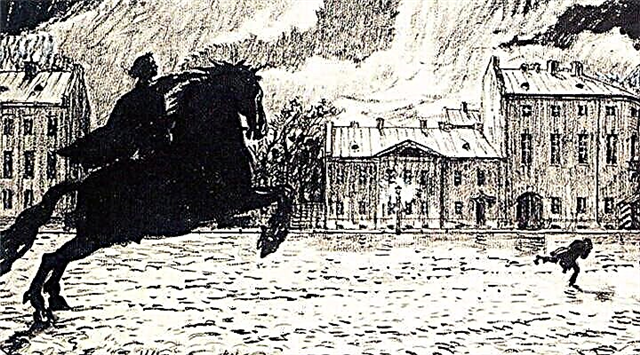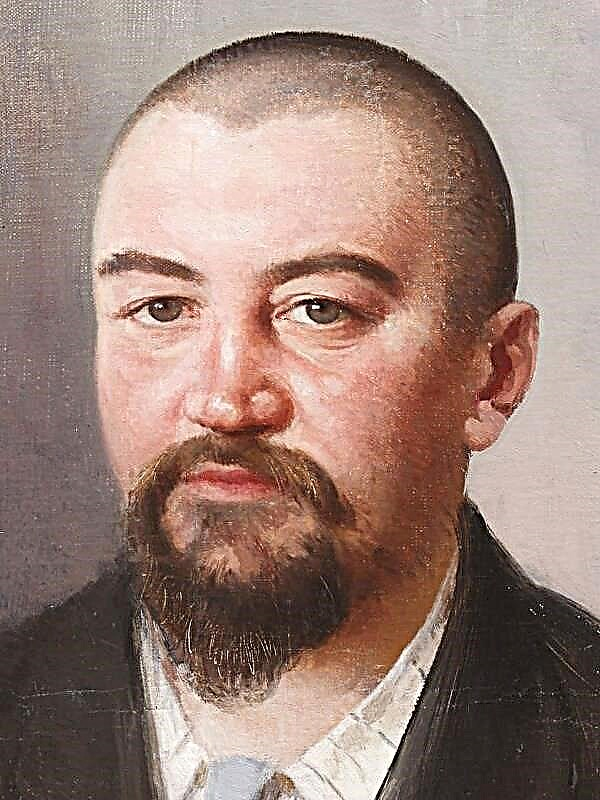Dreaming about the will, the peasant and warrior Pugachev, after long wanderings, comes to Yaik and in conversation with the Cossack guard learns that the peasants are waiting for a new king - the peasant. The murdered Peter III seems to be such a king - he would give the people free rein. This idea captures Pugachev.
He comes to the Kalmyks and urges them to leave the army, to flee from the Russian oath. Ataman Kirpichnikov finds out about this and joins the riot. A rebellion breaks out in the Cossack troops. Together with the chieftains Obolyaev, Karavaev and Zarubin, Pugachev decides to move to Moscow.
Soon, the Ural runaway convict Khlopush joins him, dreaming of seeing the peasant king. He demands to let him go to Pugachev, seeing in him the embodiment of his ideal. Khlopusha offers to capture Ufa - this will allow the Pugachevites to get their own artillery.
Ataman Zarubin lures more and more troops to the side of Pugachev - they surrender without a fight. But after the first defeats in the camp of Pugachev, strife begins. One of the rebels - Curd - is persuading to give Pugachev to government troops. He is supported by the traitor Kryamin. The army begins to panic, and along with Pugachev his entire army perishes.
Not the last character of the poem is Russian longing, the steppe landscape, weeping trees, endless sands, salt marshes, versts, sails ... There is nothing that loners can do about this Russia. Khlopush dies, Pugachev dies, - "under the soul you fall as well as under the burden."

